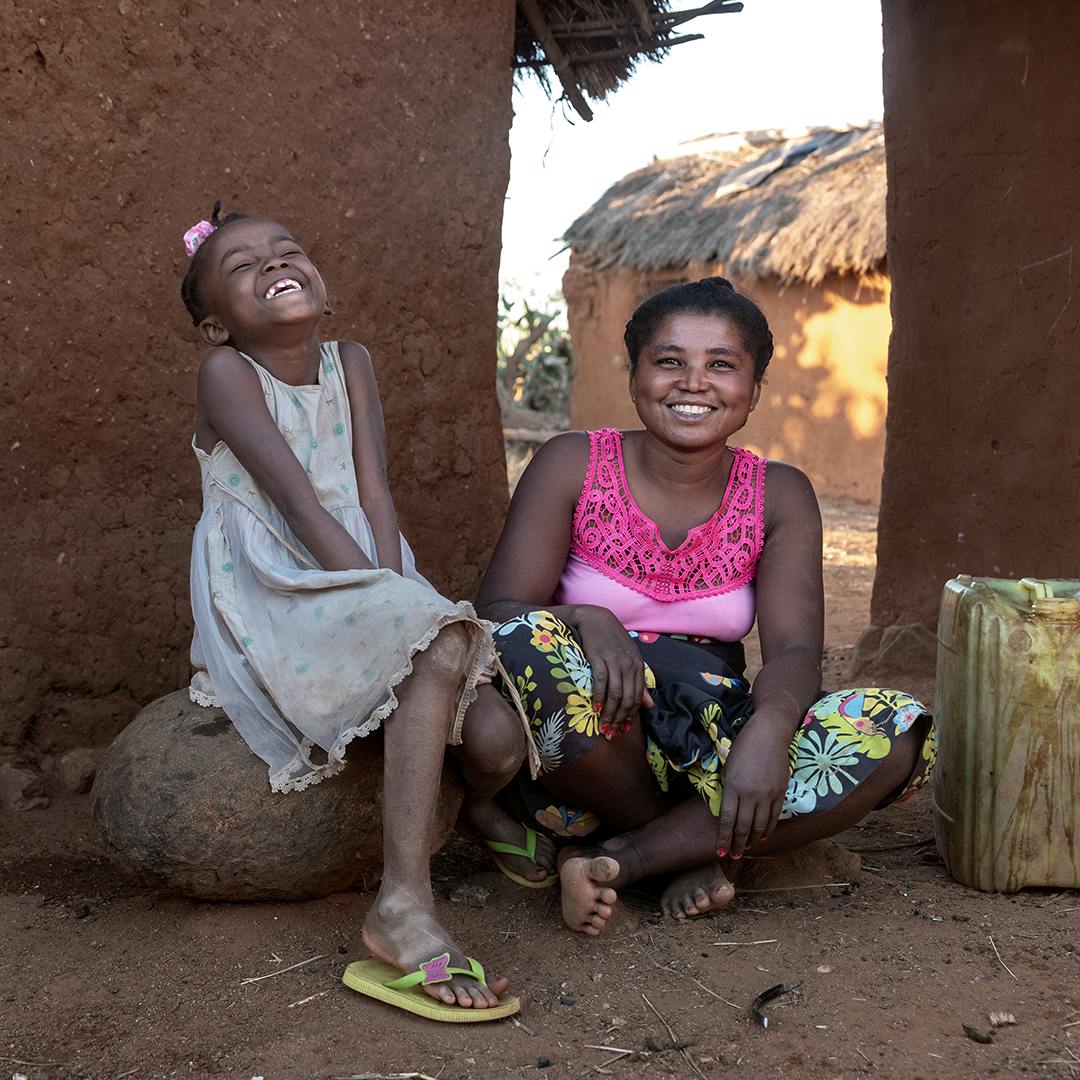
The Good News
October Edition
Home
Stories
The Good News October
Solar power is an incredible tool for climate-resilient access to safe water and renewable energy – but it doesn’t stop there!
When we harness the strength of the sun, we empower communities to better invest in education, nutrition and social development. In this edition of The Good News, we dive into three unique stories where solar power has ignited change that’ll have a positive impact for generations to come.
INSPIRING UNITY IN DR CONGO
In the heart of Ituri Province, a solar-powered water supply system represents more than just access to water - it symbolises collaboration, peace and hope for a better future.
With the support of the Central Emergency Response Fund, UNICEF installed a water supply system that serves both the Lendu and Hema communities. These villages share a history of conflict and a surge of attacks in 2018 strained their relationship.
Before the solar pump was established, women from both communities walked treacherous paths to collect water for their families. Each journey carried the risk of violence and sexual assault.
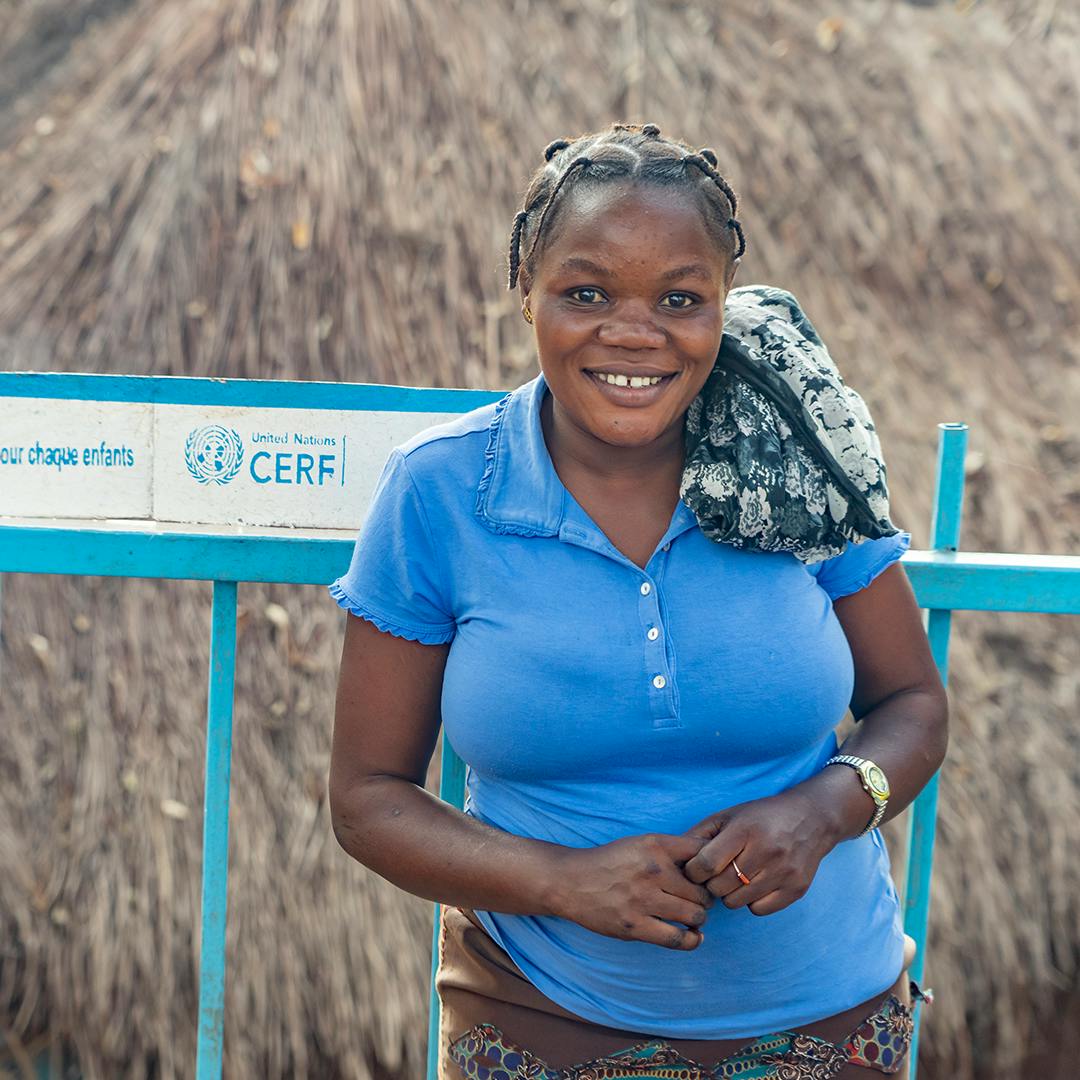
“There were often disputes, and some women were assaulted in the bush” Déborah, a resident of Masumbuko, recalls.
But today, the water distribution point has become a symbol of relief and security.
A committee was formed to manage the maintenance of the water systems, and members from both villages work together to carry out repairs and ensure the water’s distributed fairly – reinforcing trust between the communities.
Four women, including Déborah, are part of this committee and take pride in supporting peace through their roles.
"As a woman, I am aware of the role we must play in strengthening peaceful cohabitation between our two communities through this water supply project” says Déborah.
Access to clean water and sanitation isn’t just improving the lives of these communities, it’s empowering local woman and reviving hope for those who’ve survived violence in Eastern DRC.
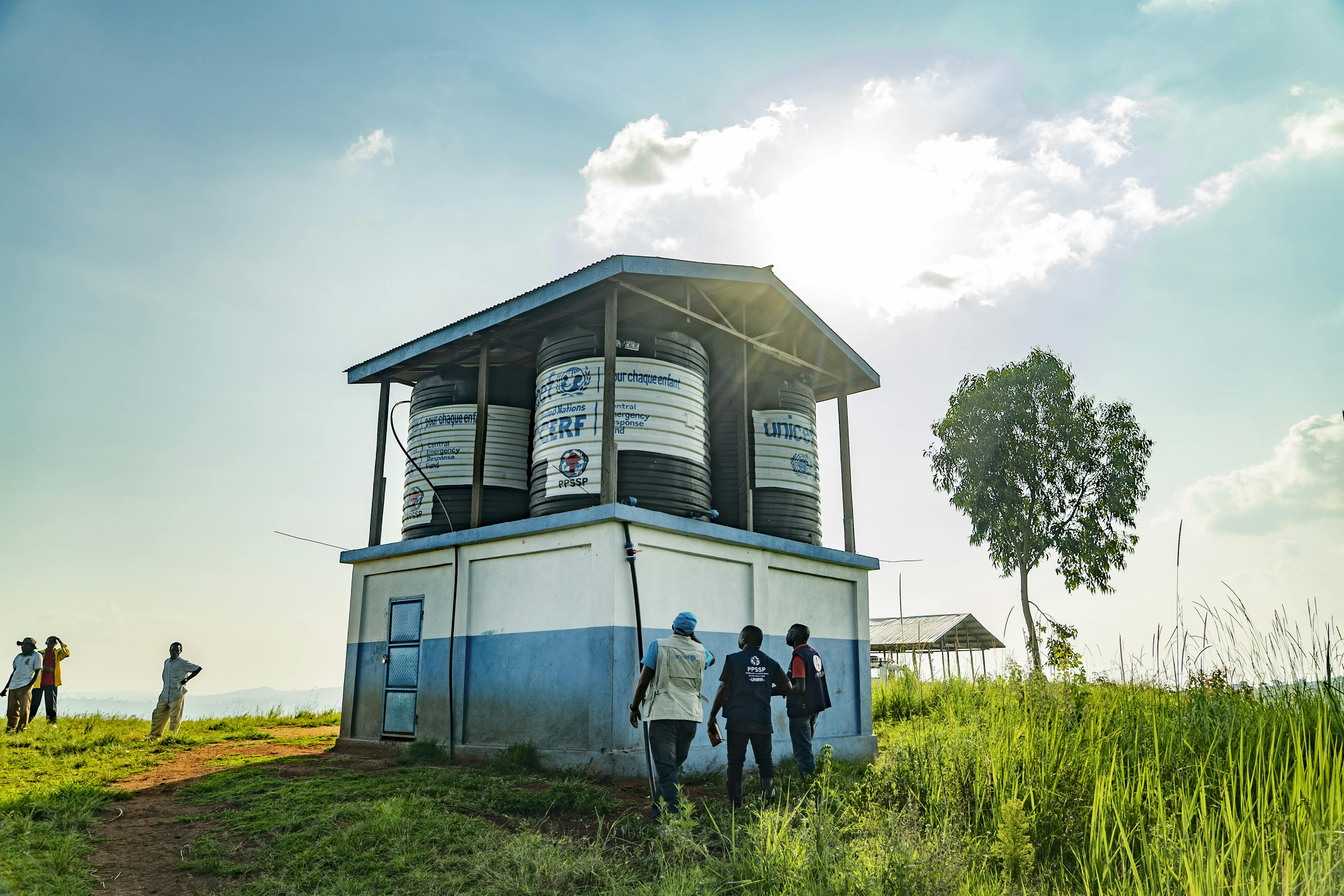
RIPPLE EFFECT OF
SAFE WATER IN SYRIA
Kisweh City in Rural Damascus is home to 50,000 people, including mother of five Leila and her 12 grandchildren. Their sole water source, an old well, was only operational for two hours a day because of fuel shortages and frequent electricity cuts.
The limited water supply meant families like Leila’s had to purchase water for high prices from unsafe sources – forcing them to sacrifice other essentials like food and medicine.
Her grandchildren suffered sleepless nights with stomach aches and diarrhea from the contaminated water they were drinking.
“I used to see moving objects in the water we bought,” Leila recalled, “no one can live without water, so we had to buy it no matter what.”
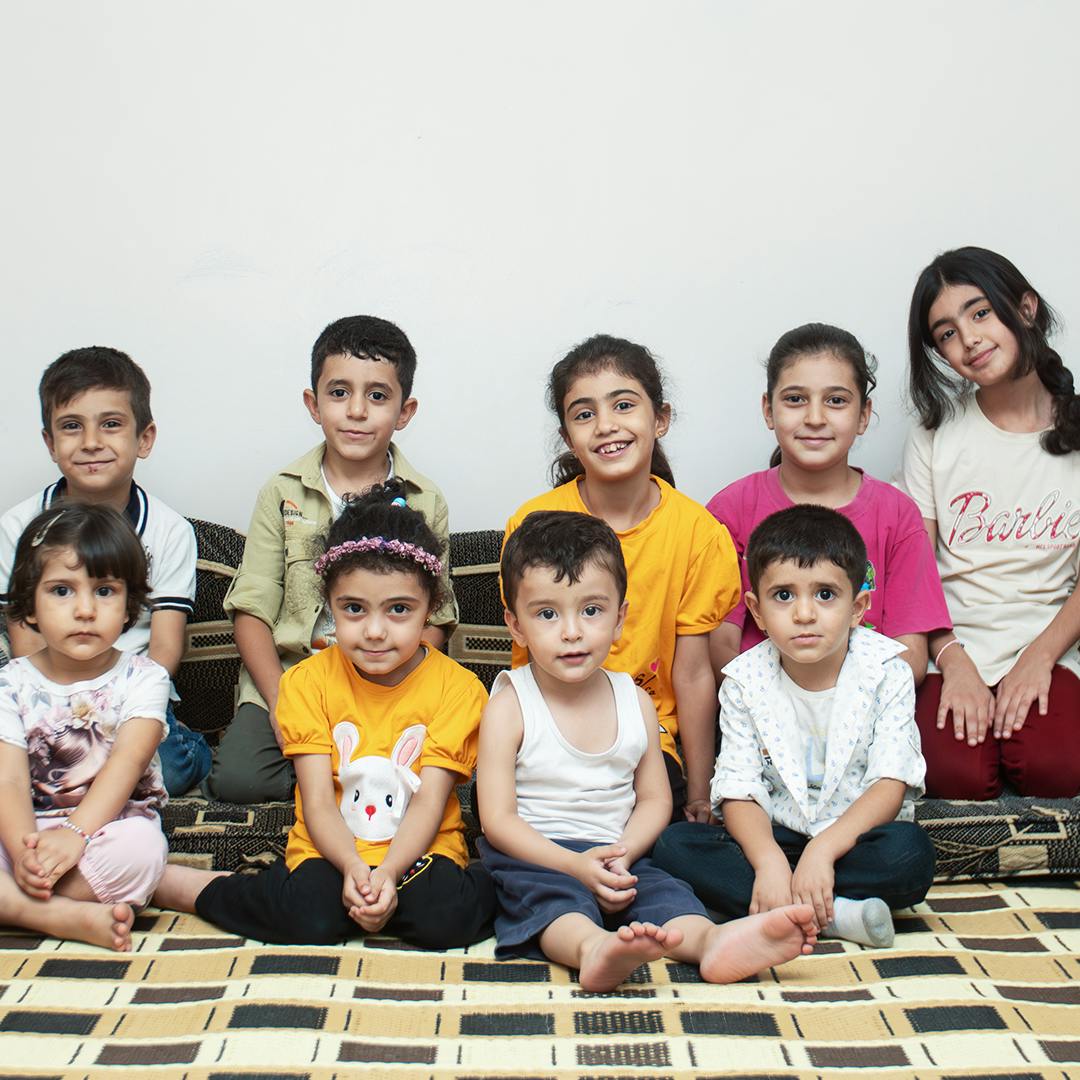
Maintaining basic hygiene was impossible, as showering had to be scheduled to conserve the little water they had. “We minimized our water usage for cleaning the house and taking showers. My grandchildren were allowed to shower only once every ten days,” Leila said.
Even the local school struggled with water scarcity, forcing students to bring water bottles from home for drinking and washing. “Some of my grandchildren got sick because they couldn’t use the school’s bathroom,” Leila added.
This was until February 2024, when UNICEF rehabilitated the neighborhood's water well and installed a solar energy system on the school roof - a sustainable electricity source to keep the pump running.
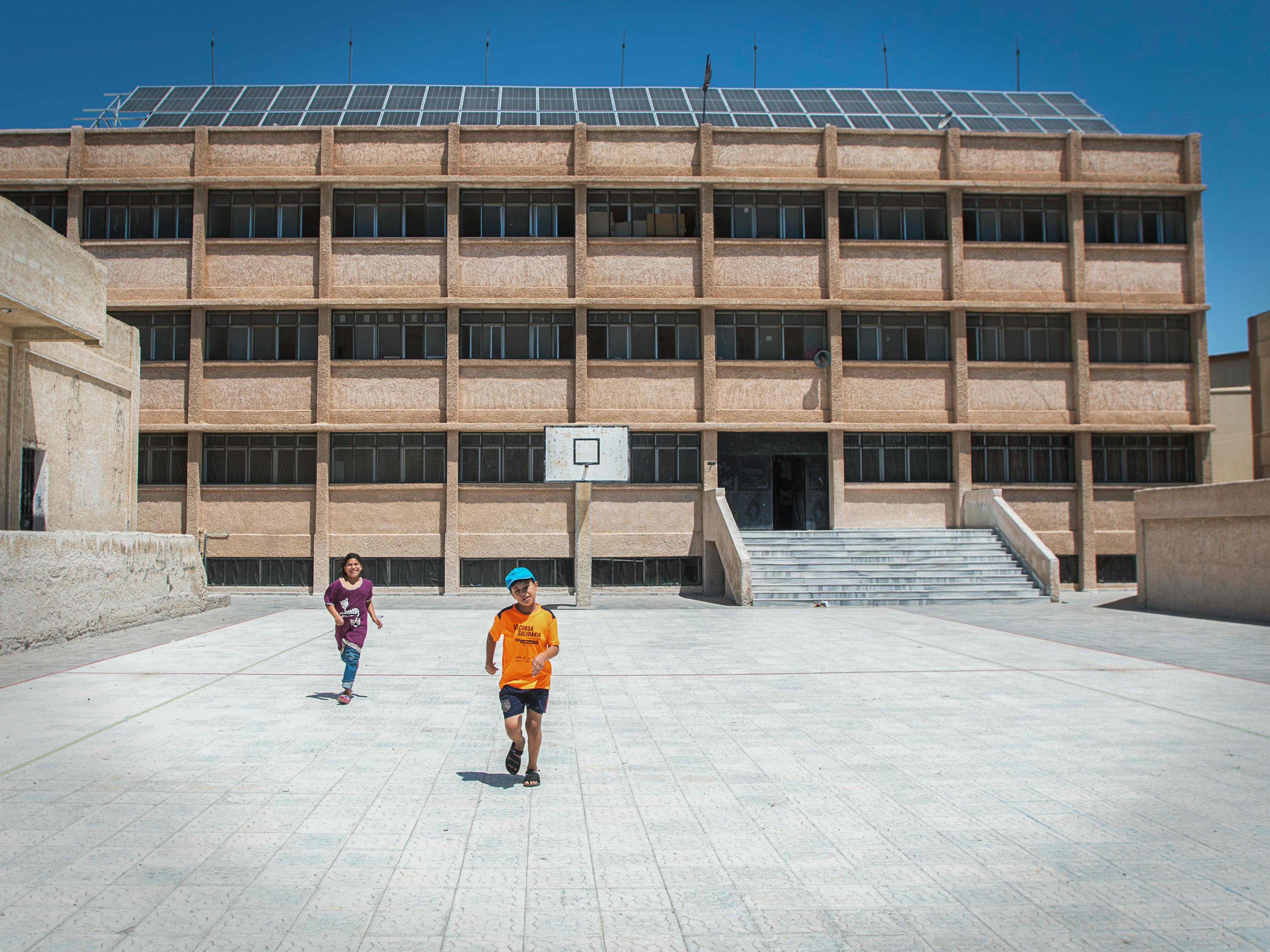
By the end of April, the pump was fully functional, and it now provides 850 cubic meters of drinking water every day to 50,000 people – 70% of which are woman and kids. The school’s also benefited from the solar system, using the electricity generated to photocopy educational materials for students!
“Now our tanks are always full of clean water. We can shower whenever needed, water the plants, wash fruits and vegetables, and clean the house without worrying about running out of water,” Leila said. “The money we used to spend on buying water is now spent on food, medicines, and school supplies.”
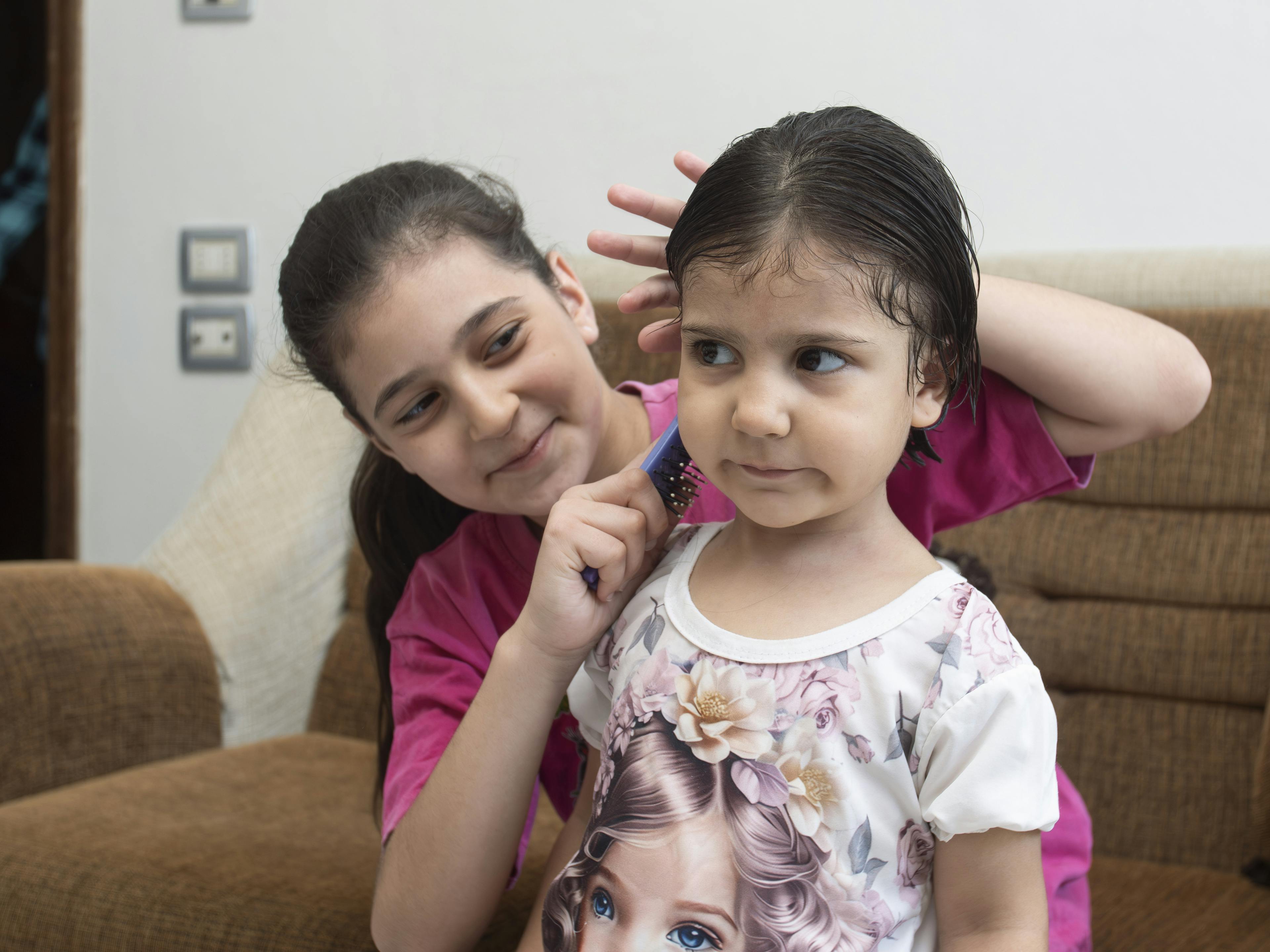
ECOVILLAGES IN
SOUTHERN MADAGASCAR
Life in Ankaranabo, Southern Madagascar, isn’t easy - the village is remote, and the environment dry and unforgiving. It was the responsibility of woman and girls to walk 30 minutes under scorching heat to collect water for their families.
“The water bucket was heavy and carrying it for a long while was taxing on our small bodies. Sometimes we were even late for school” explained 12-year-old Esterline.
When UNICEF announced the implementation of the ecovillage concept in 2023, Esterline was hopeful it would change her future for the better – in more ways than one.
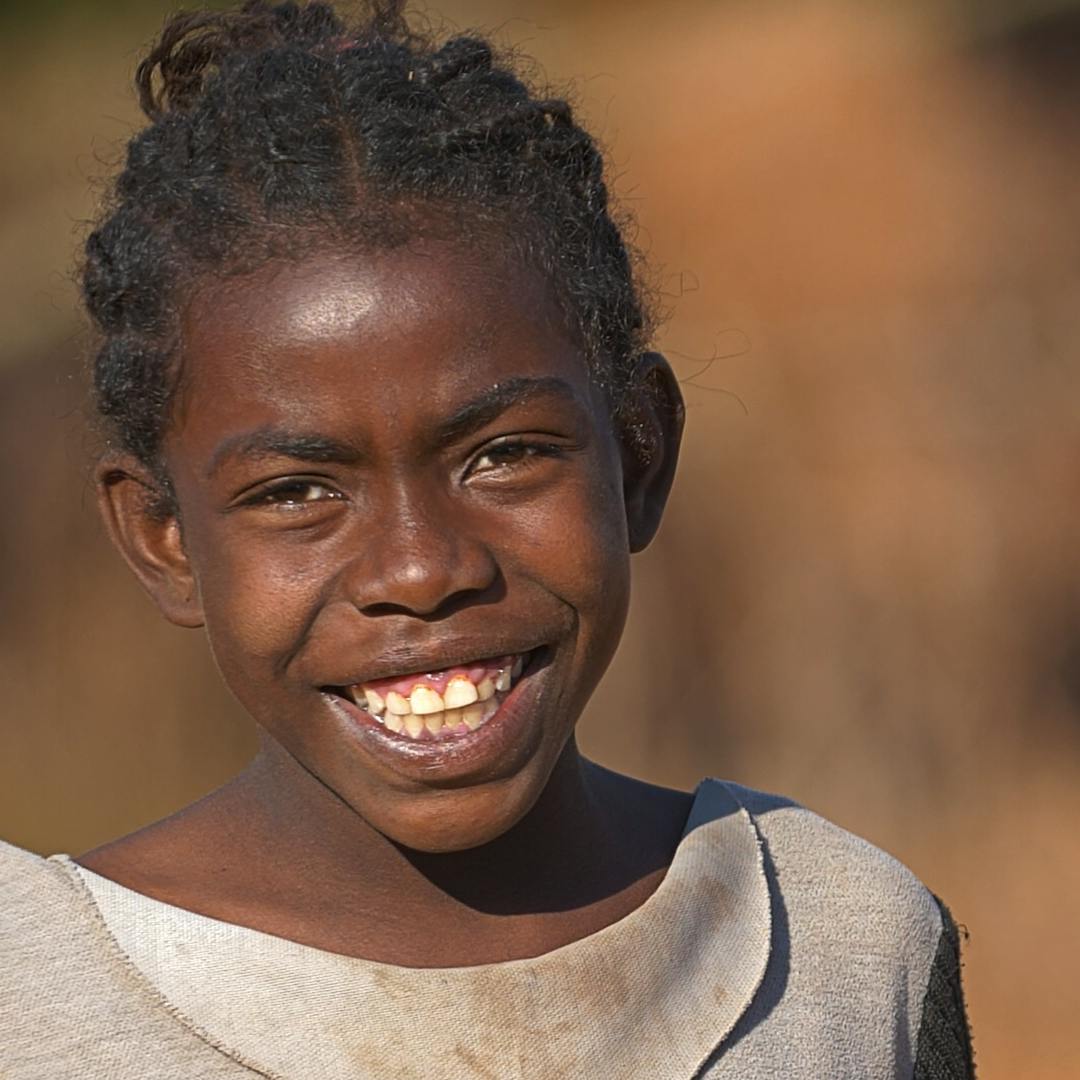
“I am happy that the village will have solar electrification because it is difficult to study in the dark with small flashlights. I hope I can focus a little more when I learn my lessons at home.”
A year later, and the village now has water supply infrastructure, a drip irrigation system for local farmers and an internet connection for digital learning – all through solar power.
These developments have strengthened the villages' resiliency against climate change and made life easier for everyone in the community.
Célestin, 14 (pictured below) is a third-grade student at Ankaranabo secondary school.
He’s been enjoying the new infrastructure including five new classrooms with solar electricity, bathrooms with handwashing facilities, and best of all – some fresh football goals.
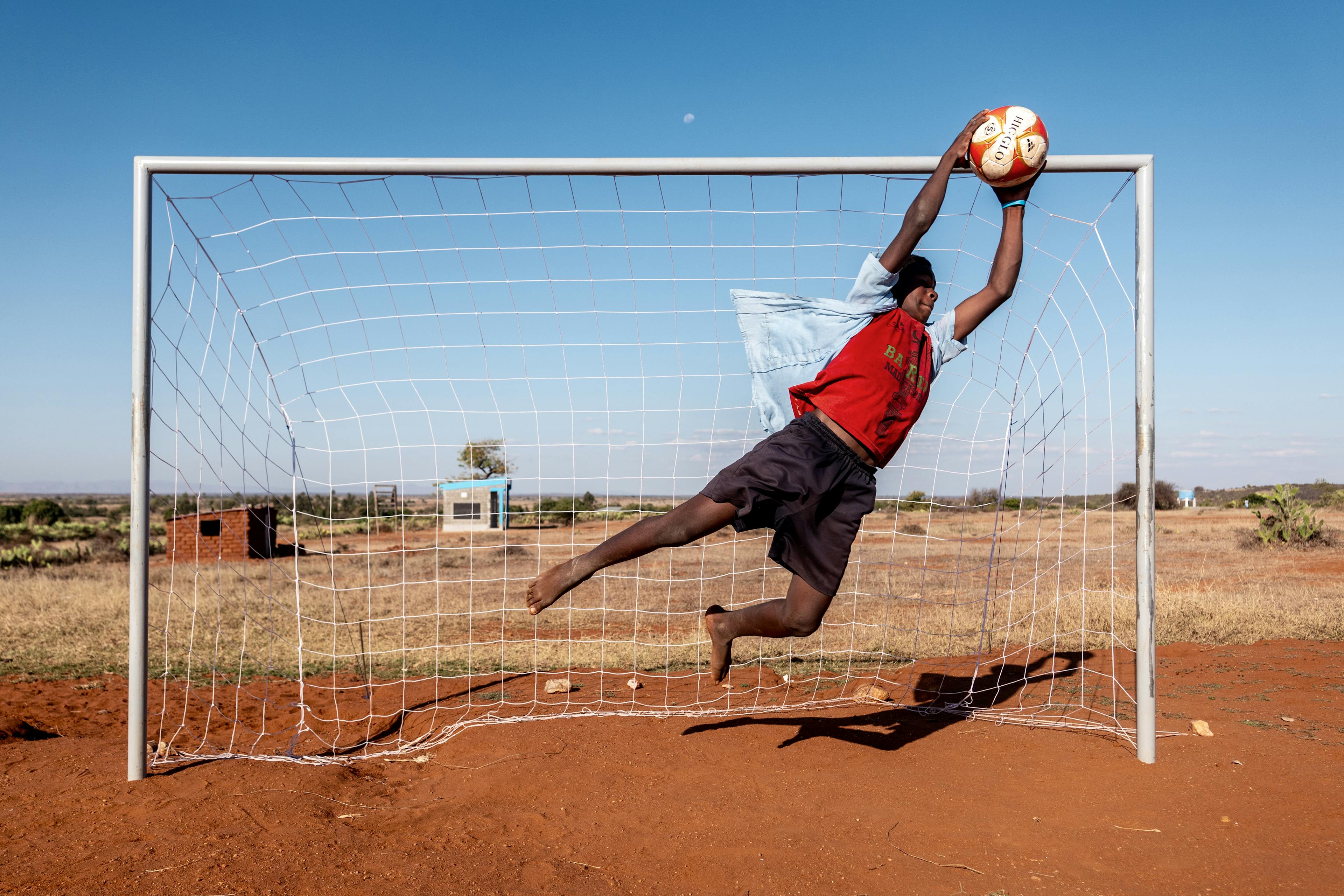
Variana, a farmer (pictured below) fetches water from one of the newly installed faucets.
“It used to take me an hour to walk to the nearest water point and back. I’m thrilled that this faucet is right in front of my house” she says.
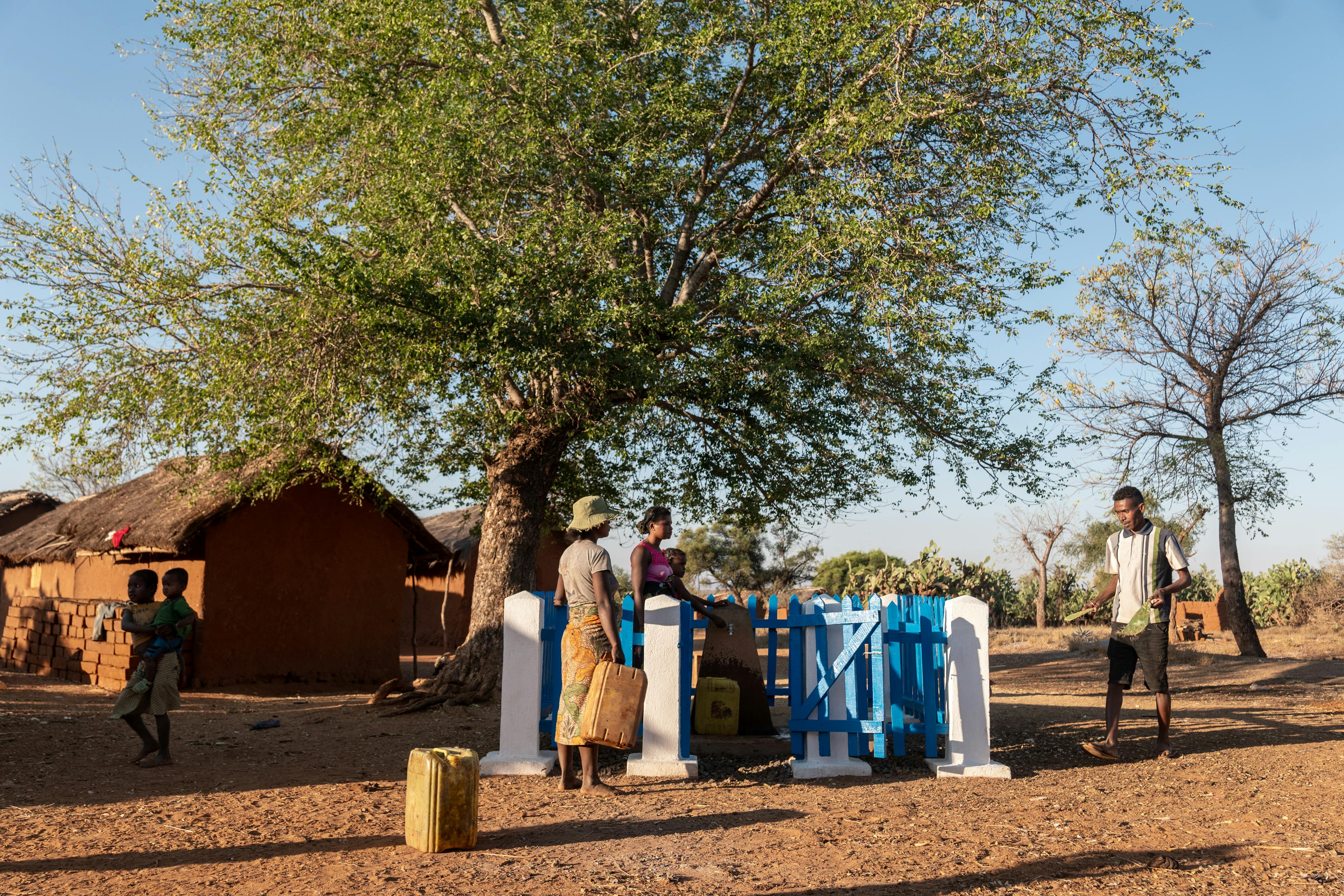
Solar power allows communities, like these, to make massive developments in all areas – which’ll improve the lives of so many kids!
Creating climate resilient solutions that bridge the gap between kids and their access to clean water, nutritious food and education, wouldn’t be possible without our incredible donors.
When you become a Global Parent, you’re enabling us to invest in innovative projects like these. And ultimately create brighter futures for vulnerable children around the world.
